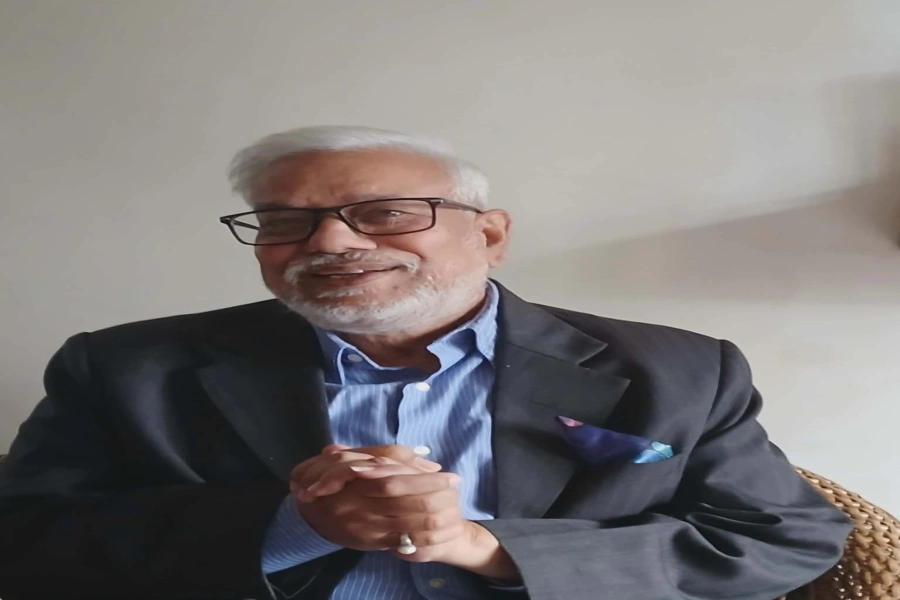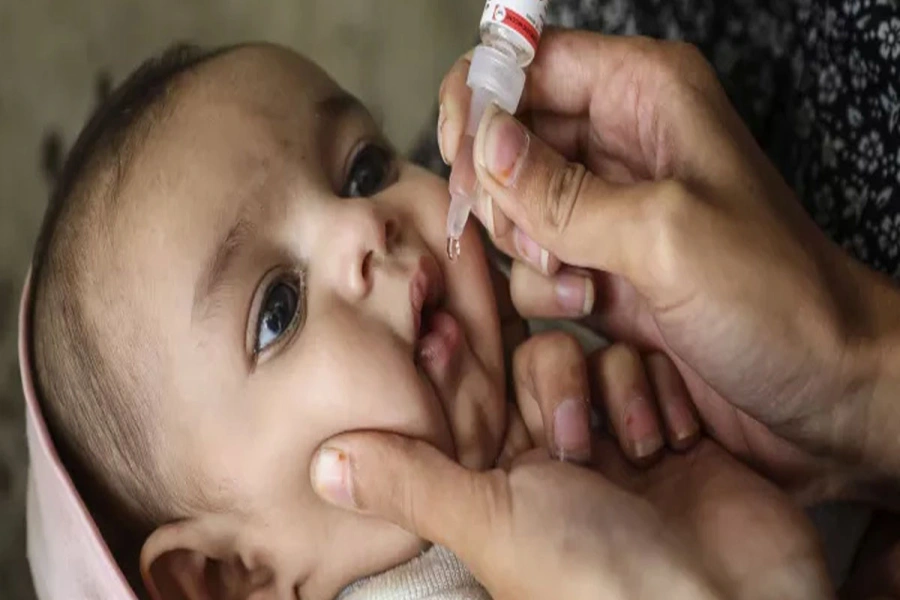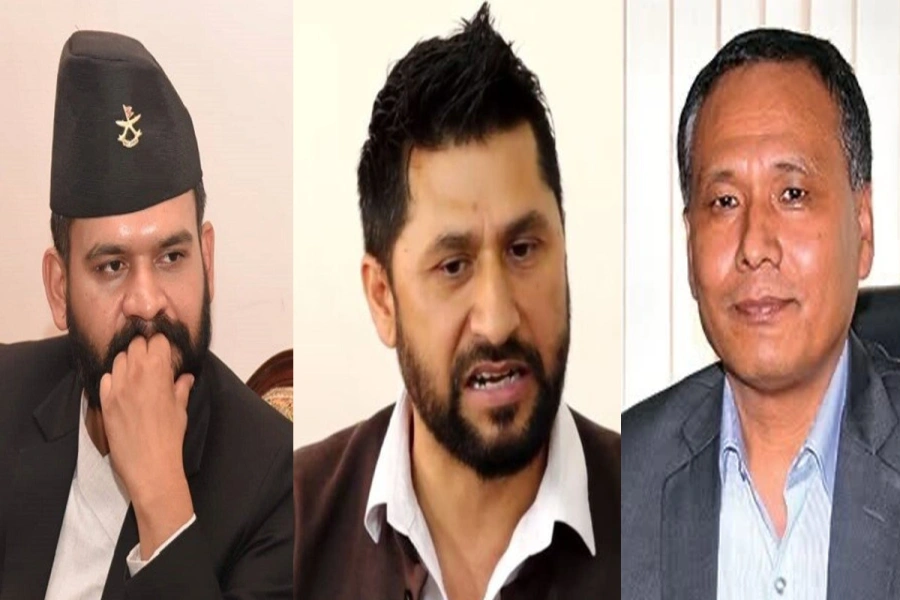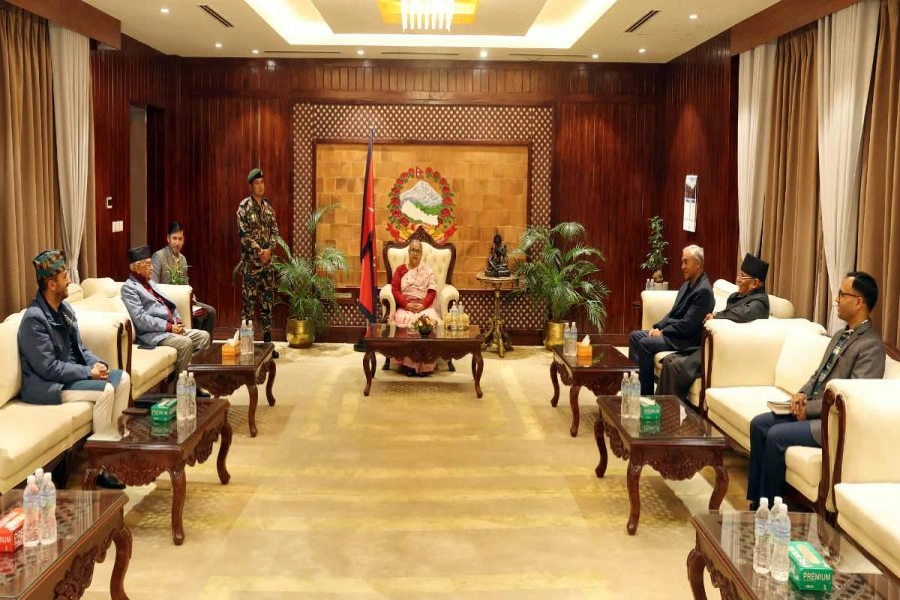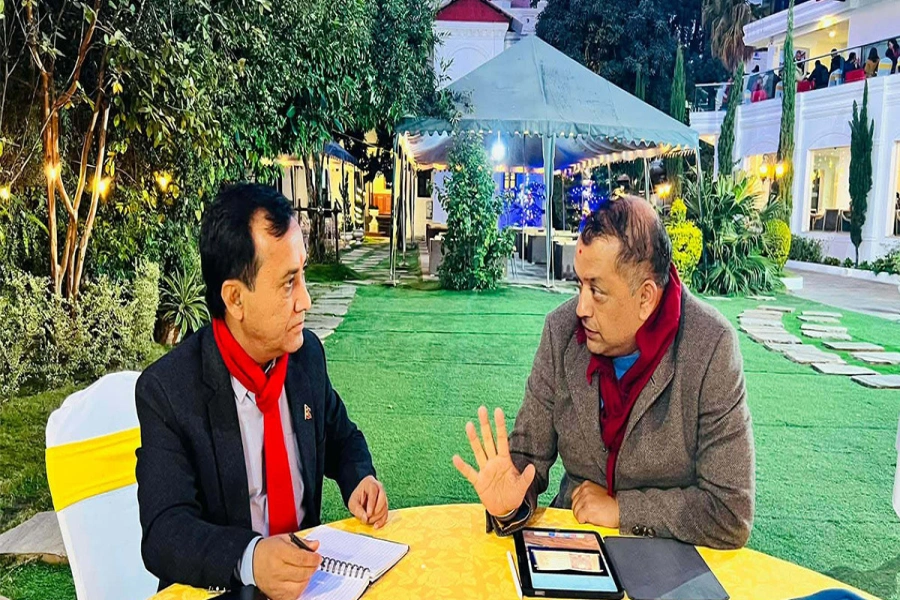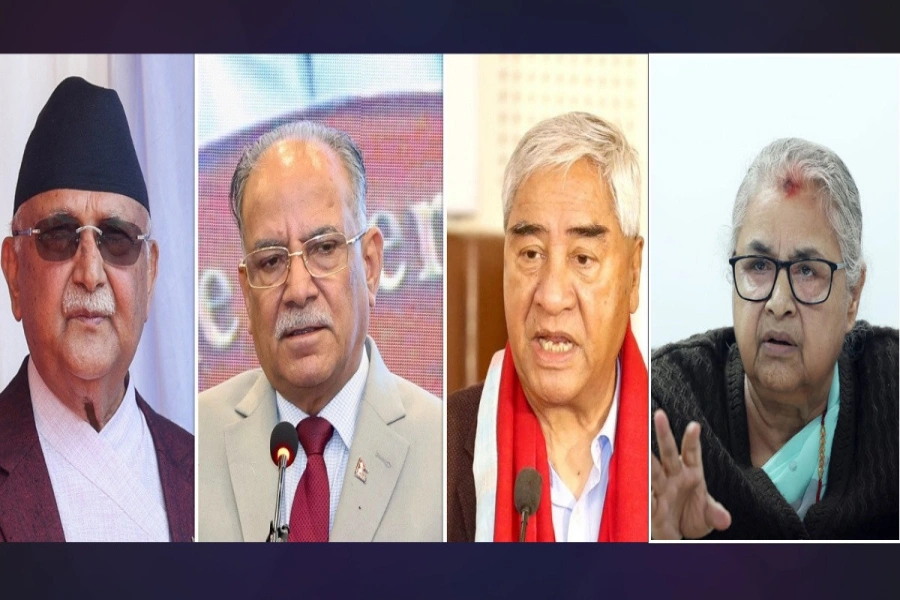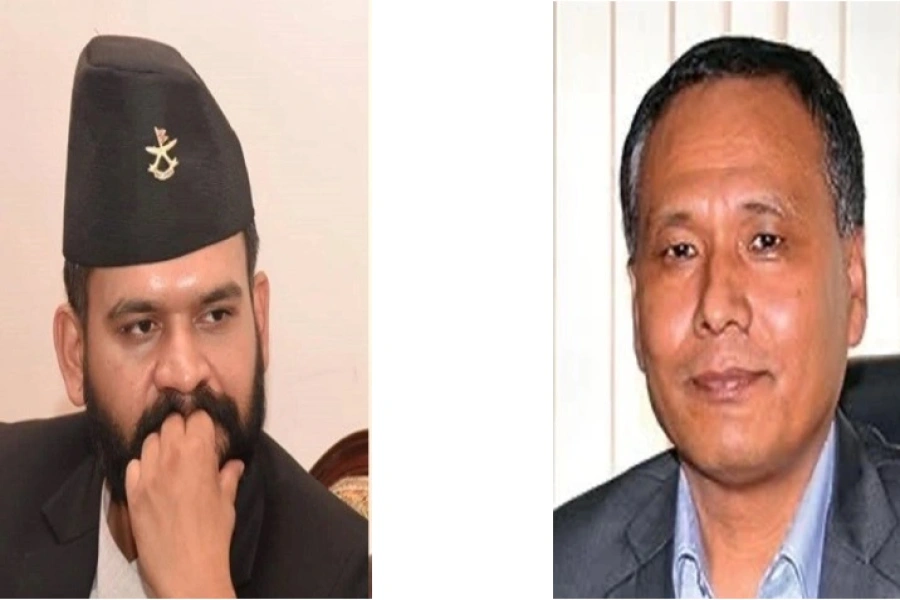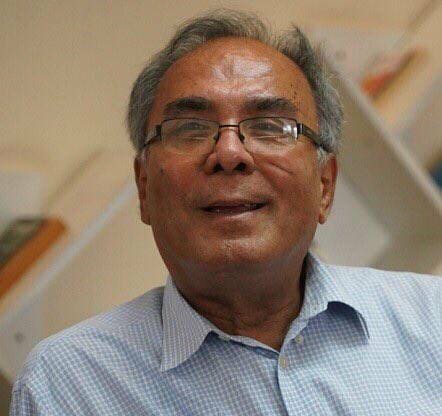Mortgaging a little piece of land he owned, Ratna Bahadur Adhikary, 37, flew to Malaysia for work. For the first six months, he toiled hard to earn enough to sustain his family back home. But that was before someone told him that his wife was squandering his earnings and was cheating on him (which was not true). Shattered, Ratna Bahadur took to the bottle, spending every ringgit he earned on liquor. Now he is back to his village, emotionally bruised, physically frail, debt-ridden and an inveterate alcoholic.
Prakash Poudel, 30, made Qatar his work destination. His parents no longer toil in the fields, for his earning is enough to feed them as well as his own family. But Poudel is sick of the drudgery of his menial job and talks about staying back in Nepal every two years he returns home. This year he appeared resolute as ever. But in the end, short of options, he returned to Qatar to resume the same low paying job.
Down the hill, a youth in his late twenties has accrued a large fortune, much like F Scott Fitzgerald’s character, Jay Gatsby. This Dashain he threw a lavish party for his acquaintances, which also included local police personnel. He boasts of ‘capturing’ Araniko Highway through his smuggling trade. His only gripe: He was kidnapped back in July and made to sign a paper that promises Rs 6 million in ransom. When the self-styled Gatsby filed a case at Hanuman Dhoka Police Station in Kathmandu, the kidnapper was arrested, but was released in a week’s time thanks to his Maoist patrons. The young Gatsby, on the other hand, is waiting for the removal of the current government, to be replaced by a Nepali Congress-led government. “Once the NC comes back to power, I will not spare him. I hobnob with top NC guns,” he proudly announces.

The three youths (whose lives this scribe could peek into during this Dashain break) hailing from Bahrabise village of Sindhupalchowk, 88 kilometers north-east of the capital, are the living embodiments of two of the country’s most pressing problems. In fact, it would not be wrong to say that Nepal’s economic and political future will rest on its ability to address these twin problems. First, it will have to find a way to break the politics-crime nexus and second, halt the massive outflow of youths who are leaving the country.
BREAKING THE NEXUS
One of the biggest ills of transitional politics in Nepal has been an increase in criminal activities under political protection. Smuggling is one facet of this story and Araniko Highway only one of many conduits of criminal activities. Across the country, even more serious crimes like murders, extortion, corruption and human rights violation are taking place under political protection. This, in turn, has allowed those with strong political connections to amass unimagined fortune. In fact, these nouveau riche control the country’s politics. No wonder we have a notorious gangster escorting our home minister, a murder convict roaming free inside parliament and human rights violators sitting in the cabinet. Our forest minister promotes timber smuggling and our labor minister begs for bribes. This crime and corruption regime has literally choked the law and order system. In this dismal climate, honest village youths are left with only two options: Either join this corrupt regime or leave the country. Not surprisingly, those with no political backing choose the latter option.
REMOVING THE ROMANCE
There has been a tendency to eulogize Nepal’s remittance economy. In fact, remittance has been seen as a backbone of national economy and the only panacea for people’s livelihood problems. According to World Bank’s report Migration and Remittance Factbook 2011, Nepal, where remittances make for 23 percent of GDP, is among the top five countries in terms of remittance to GDP ratios. We received around US $2.9 billion in remittance in 2009 alone. All this makes the daily exodus of 1,300 people (mainly for the Gulf countries and Malaysia) seem beneficial for the country. The GDP story may be true, but behind this smokescreen lies great human, social and familial costs.
First, the romanticism of remittance is penalizing the country by the average arrival of four dead bodies of migrant workers at the Tribhuvan International Airport (TIA) every day. Besides, remittance has made near to zero contribution in the country’s development. By toiling hard in the foreign soils Nepali youths have, in fact, contributed to the growth and development of the Gulf and Malaysia. Back home, most of their hard-earned money is being pumped into unproductive sectors like real estate and for purchasing expensive gadgets like TV and cell phones, while the vast stretches of fertile lands remain fallow due to worker shortage.
More seriously, once a Nepali worker lands in the Gulf and Malaysia, he virtually becomes a foreigner to his own country. In time, neither his work place nor his place of birth offers him much solace. Back home his ailing parents fret about his health, his young wife descends to the nearby town to educate her children by leaving the in-laws alone and, in time, may start cheating on her husband. The deviant sexual revolution the country’s remittance regime has bred is destroying our most prized social institution: Family.
WAYS AHEAD
Solutions are obvious. First, the political class should find ways to engage the youth in meaningful employment at home so that their energy can be used to chart the future of their own country. This is where the political class must play its part. Politics has to be brought closer to people’s survival needs such as jobs and decent wages, rather than dwell in the abstractions of federalism, state restructuring and form of government (which have no appeal for the job-starved youths). Two, rooting out crime and corruption from politics has to be among the state’s top priorities.
Let us at least impress on the people that the state is capable of meeting their security needs; that politics can function free from the influence of criminals; that criminals will be brought to book; and that politics controls crime, and not the other way around. This will bring a sense of normalcy, which in turn will boost people’s confidence. If we fail to control these twin ills on time, the country will move a step closer to the status of a failed state.
mbpoudyal@yahoo.com
First national gathering of Bonpo Lama Monks from Nov 10





